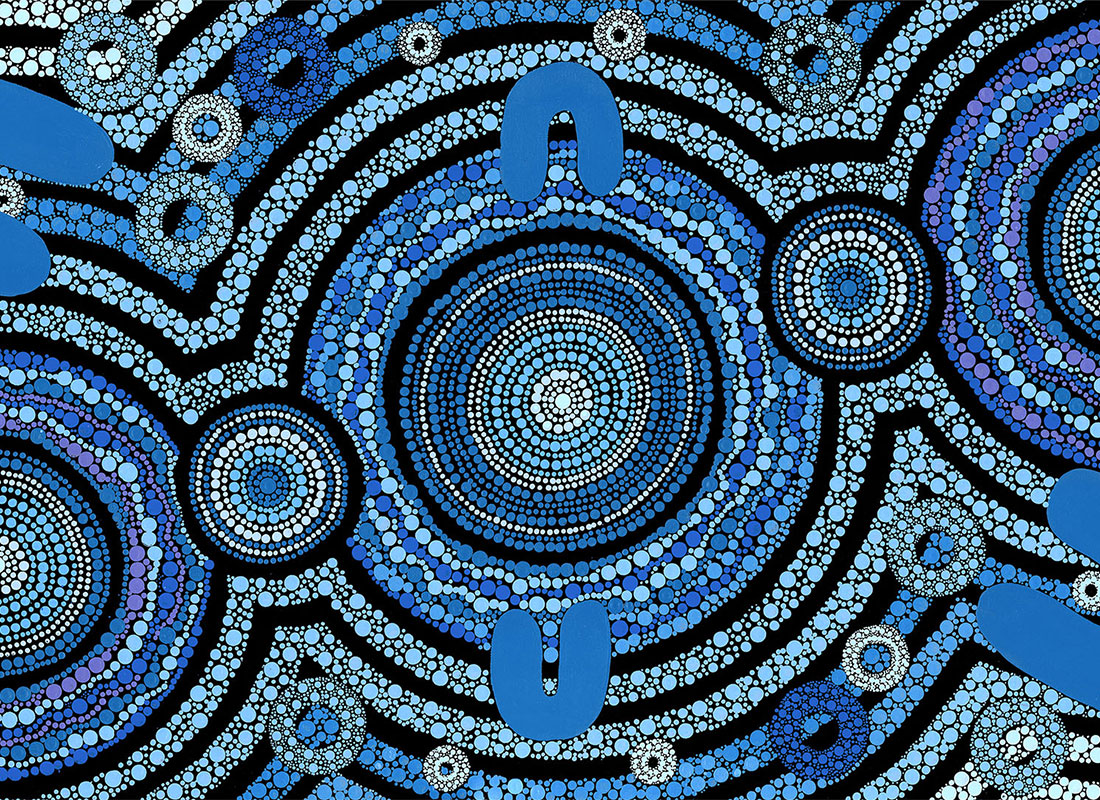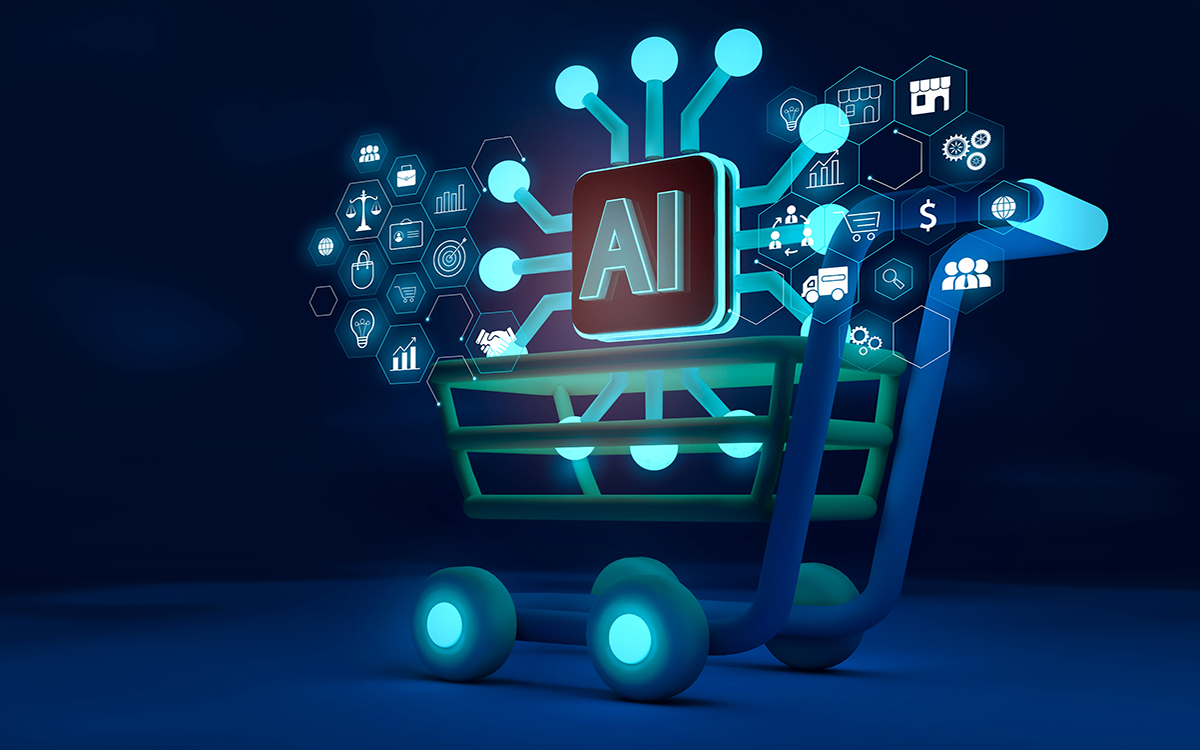
In an increasingly complex and uncertain world, we turn to science and technology to provide us with answers. Here at Fujitsu, we’re proud to be playing a role in helping our scientists to tackle some of the toughest challenges the country, and the world faces.
Built in partnership with Fujitsu, Australia’s fastest supercomputer, Gadi, is housed at The Australian National University and operated by the National Computational Infrastructure (NCI). Gadi means ‘to search for' in the language of the Ngunnawal, the traditional owners of the Canberra region.
That search capability is why researchers from the CSIRO, Geosciences Australia, and the Bureau of Meteorology are among the 5,000 researchers who now rely on Gadi’s capabilities for finding answers to our most pressing problems. They flock to Gadi because of the 145,152 CPU cores, 567 Terabytes of memory and 640 GPUs – outputting over 9 petaflops of peak performance.
A vital component of the pandemic response
This year, Gadi has been utilised for three COVID-19 projects, with over 40 million units of compute time being allocated to this vital research - the equivalent to one single computer doing constant calculations for over 4,500 years. These three vital projects include:
1. Using large-scale molecular dynamics for rational drug design
This research uses simulations of the around 800,000 atoms that make up a key receptor of the human body to understand exactly how the coronavirus uses it to invade human cells.
2. Structure-based drug discovery
This project aims to model existing or novel drugs, along with drug binding sites, that could be used in treating COVID-19. As a first step, more than 7 million existing drug compounds from a global repository will be modelled to find ones that may inhibit a key step in the virus replication process.
3. Targeting structural transitions in the COVID fusion protein
By modelling key structural changes in the protein that enables a coronavirus to infect a human cell, this research aims to throw light on a critical target for both vaccine development and the discovery of antiviral agents.
As you can see, this level of research is hardly back room academia. This is Australian supercomputing on the frontline of a global pandemic. We are only scratching the surface, however, of the hundreds of research projects taking place in Canberra. Some other highlights from across a range of disciplines include:
- Finding the homeland of modern humans – This research reconstructs the paths both physical and genetic that humans took as we migrated out of our original homeland.
- New rubber creates path for greener tyres - A team of researchers has set about creating rubber that can be repaired, or otherwise more easily recycled to reduce the environmental impact of tyres.
- Protecting lives and property from extreme bushfire - By better understanding the forces and conditions that drive the transition of small fires into raging infernos, researchers hope to be able to better predict the outbreak of massive bushfires before they take place.
Australia’s fastest supercomputer
At the time of writing, Gadi is ranked at number 24 in the world’s fastest supercomputers (with first place being held by the Fugaku supercomputer in Japan – also built by Fujitsu). This power provides the resources that Australian researchers so desperately need, as they search for revolutionary solutions and ideas. We can’t wait to see more of the incredible Gadi-powered results that researchers reveal over the coming years.
Devising solutions to respond to health problems such as COVID-19, natural disasters caused by climate change, and taking care of our aging society have become a top priority. At Fujitsu, we believe it’s now imperative to strengthen business activities through digital transformation while also providing value to society, boosting both business and social sustainability.
We recognise that we cannot implement solutions to societal problems on our own. Where has your business been able to leverage digital transformation to benefit society and/or the environment?









